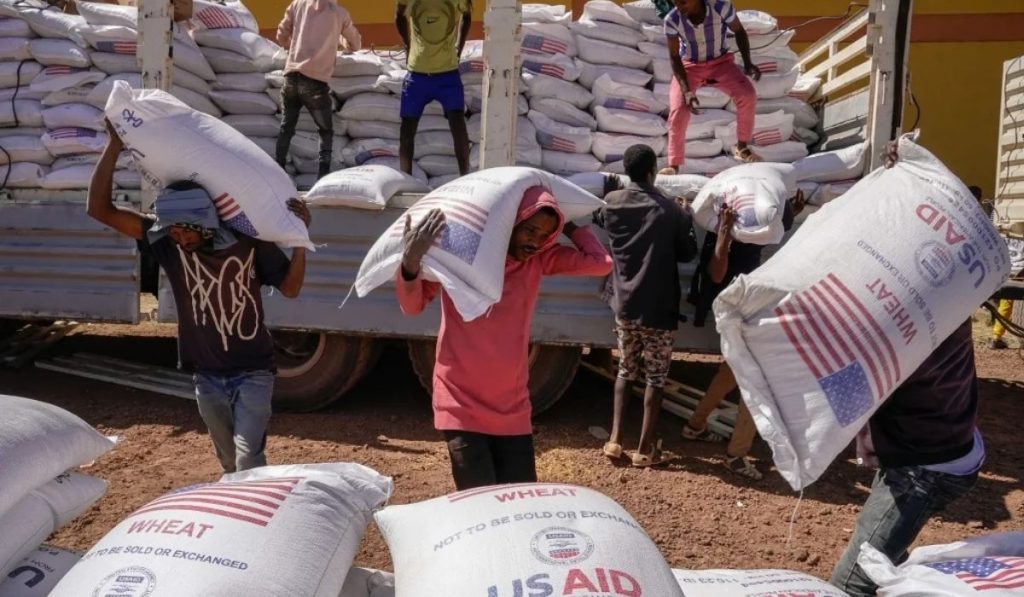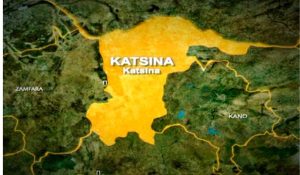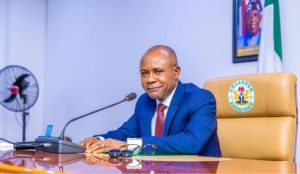
In a surprising turn, some African leaders and officials have expressed appreciation for U.S. President Donald Trump’s tough stance on foreign aid, saying it served as a much-needed wake-up call for self-sufficiency and reform.
Trump’s administration was known for its transactional approach to foreign assistance, often conditioning aid on political or economic concessions and cutting funds to countries that did not align with U.S. interests. While this stance drew criticism from some quarters, certain African policymakers now argue that it forced their governments to rethink dependency on foreign assistance and take more responsibility for their economic development.
“We Should Have Been Hammered a Long Time Ago”
One prominent African official, who spoke on condition of anonymity, acknowledged that reliance on Western aid had sometimes led to complacency in governance and economic planning. “We should have been hammered a long time ago,” the official admitted. “It was painful, but it made us realize we cannot always rely on aid from the West. We must develop our own industries and trade partnerships.”
This sentiment reflects a broader shift in some African nations, where leaders are increasingly advocating for stronger domestic revenue generation, economic diversification, and regional trade as alternatives to reliance on foreign aid.
Read also: Irish Prime Minister Reaffirms Support for UNRWA and Calls for Urgent Aid to Gaza
Trump’s Controversial Stance on Aid
During his presidency, Trump repeatedly questioned the effectiveness of U.S. foreign aid, arguing that much of it was wasted, misused, or failed to serve American interests. His administration significantly reduced funding for international development programs, including those in Africa, and sought to redirect aid to countries that demonstrated loyalty to U.S. policies.
At the time, these moves were met with strong opposition from global humanitarian organizations and foreign policy experts, who warned that reduced aid could exacerbate poverty, instability, and health crises across the continent. However, some African leaders now say that the policy shift, while difficult, pushed their governments to become more self-reliant.
Shifting Economic Strategies in Africa
In response to changing U.S. policies, several African nations have been working to strengthen intra-African trade through initiatives like the African Continental Free Trade Area (AfCFTA). This agreement aims to create a single market for goods and services across the continent, reducing dependence on external aid and foreign markets.
Additionally, countries such as Ghana, Rwanda, and Ethiopia have focused on attracting private investment and boosting local industries rather than relying solely on Western assistance.
A New Perspective on Aid and Development
While opinions on Trump’s aid policies remain divided, some African officials now see the period as a turning point. “It forced us to take a hard look at our economic policies,” said a senior economist from Kenya. “We cannot just wait for aid packages to solve our problems. We have to build stronger institutions and find sustainable ways to grow.”
Despite this reassessment, humanitarian groups caution that aid still plays a critical role, particularly in health, education, and emergency relief. They argue that while economic self-sufficiency is the ultimate goal, abrupt aid cuts can harm vulnerable populations in the short term.
As the global aid landscape continues to evolve, African nations are working to strike a balance between attracting development assistance and fostering long-term economic independence. Whether Trump’s policies were a necessary wake-up call or a misguided approach, they have undoubtedly influenced ongoing debates about the future of foreign aid in Africa.







